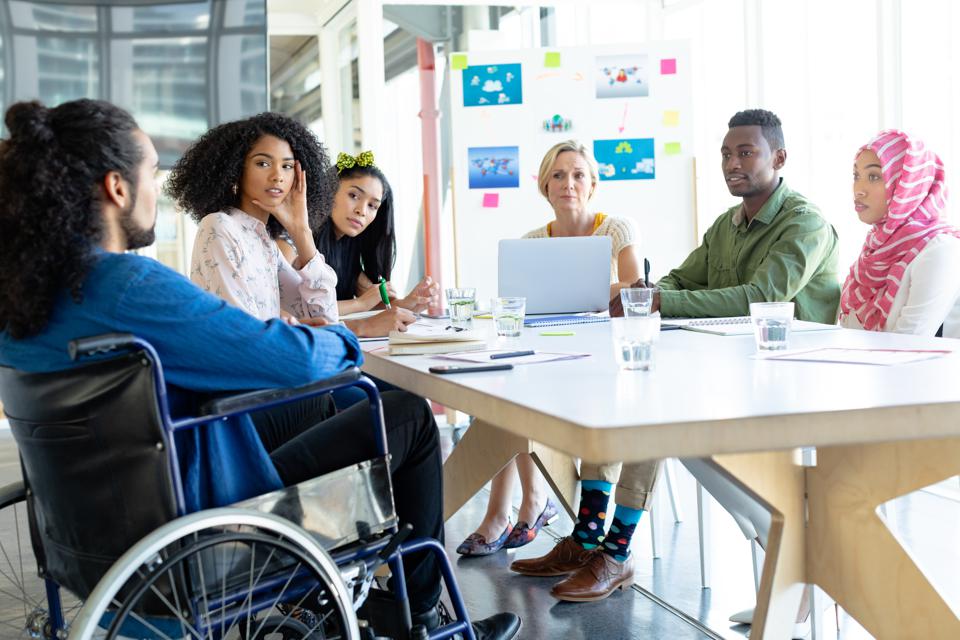
Strong communication skills are essential to allow others and yourself to accurately understand information and respond accordingly. In contrast poor communication skills lead to frequent misunderstandings, frustration and a loss of credibility.
- In the business world, poor communication can result in a loss of business as customers seek out other vendors and/or a loss of talented workers who do not feel valued by their supervisors.
- For first responders, strong communication skills it is part of the vital link between an uneventful encounter with an individual and one that can potentially escalate. Arming police officers and other first responders with the tools to successfully navigate a culturally diverse community, and an even more diverse transient population, with all the inherent challenges in communication, is a proactive approach to community policing. Such pro-active approach in training is part of the 2016 President’s Task Force on 21st Century Policing.
In this 8-hour training, participants will analyze their own communication tendencies through a series of assessments. Techniques on how to improve in areas of deficiencies will be discussed as is implicit and explicit biases that appear in our verbal and nonverbal communication patterns.
Bias is not a unique or isolated phenomenon. It is a human condition that everyone possesses. The degree of bias, our awareness of it and how we express it is very much individualistic and something the training explorers. Through group discussions on discrimination, racism, stereotypes, and prejudices, individuals will explore their own and others’ perspectives on these culturally sensitive topics to determine if implicit biases are impacting the way one communicates with others.
Opens up information on how to relate, perceive and interact with others.Training Participant